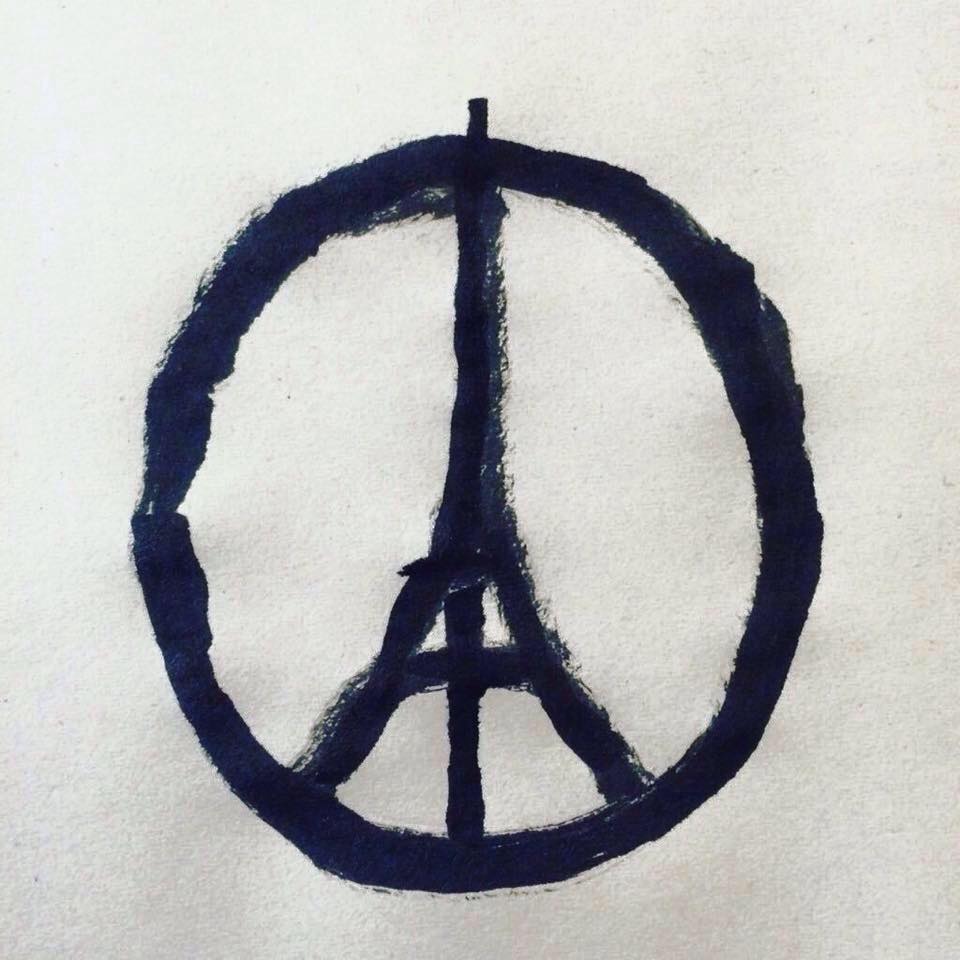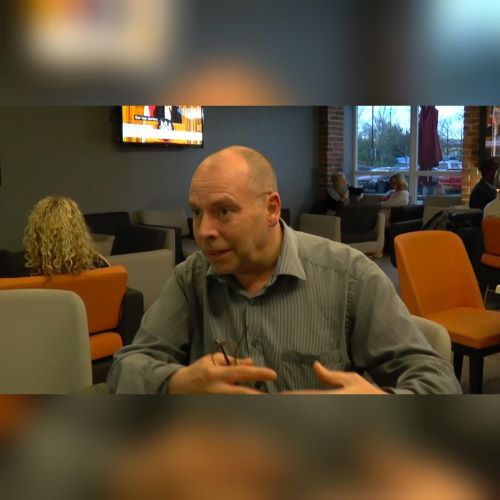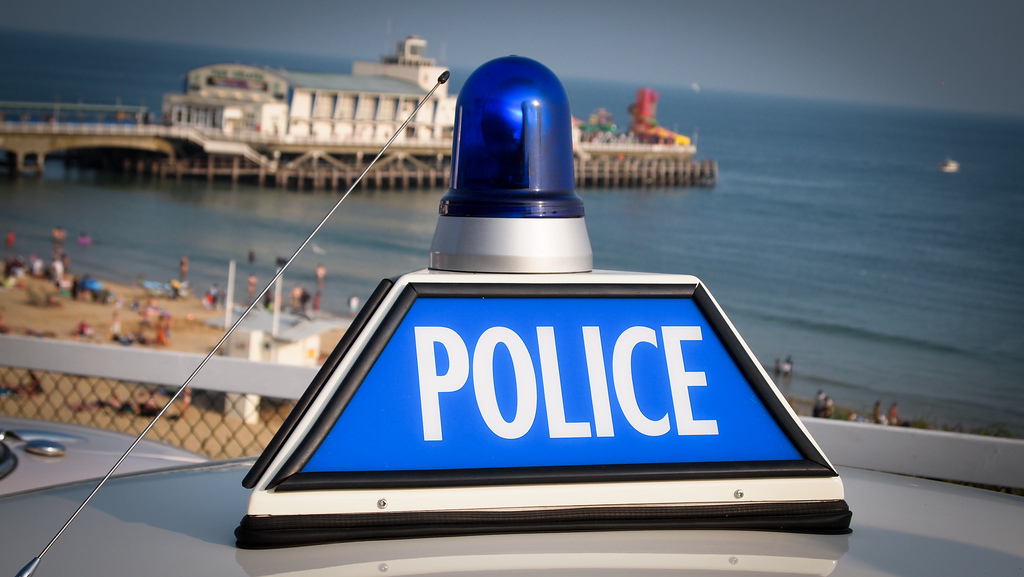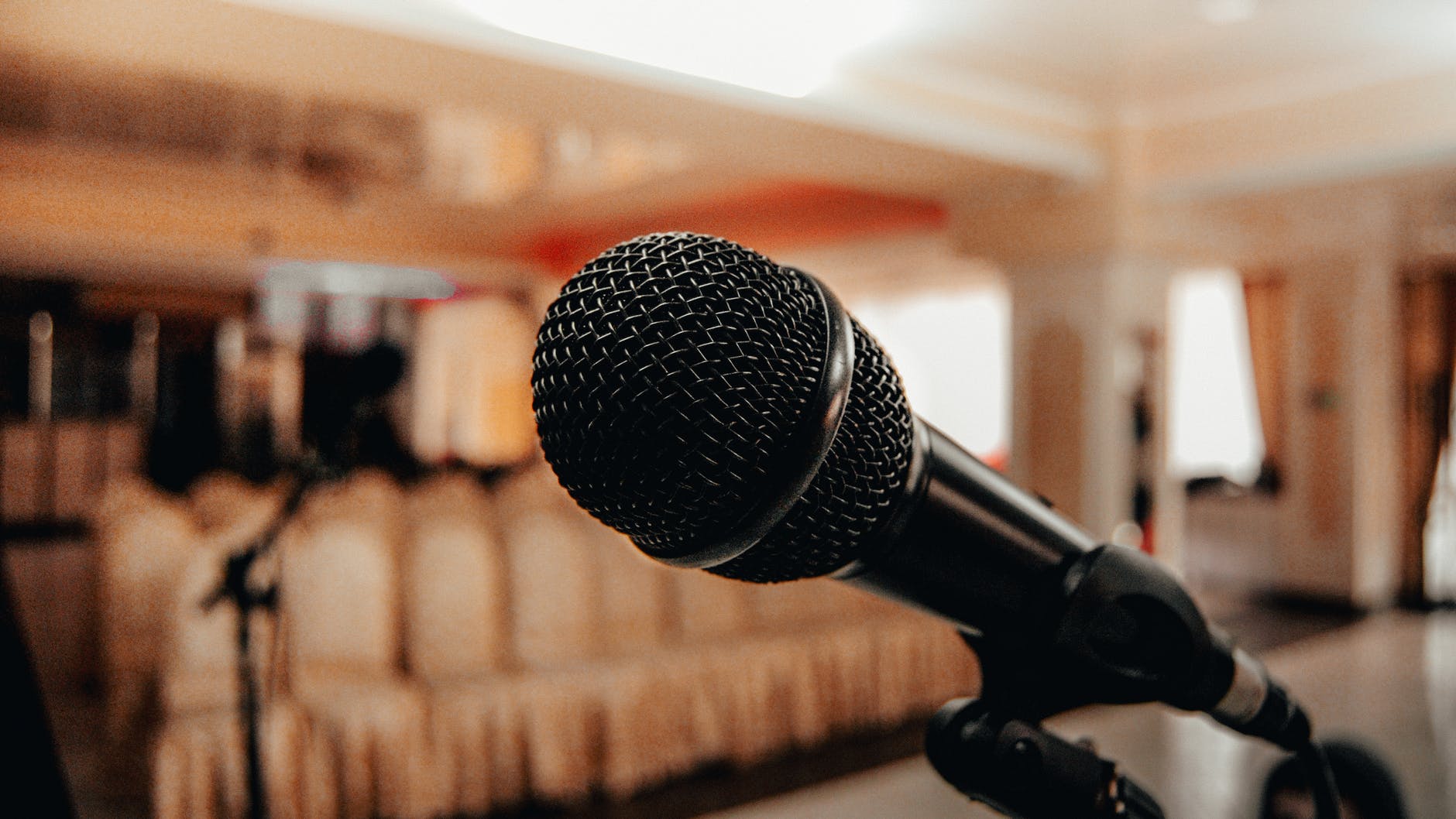Gareth Bailey weighs in on the online response to the Paris attacks:
The events in Paris on Friday the 13th shook the world to its core. Within 30 minutes of the shocking attacks in France, they had trended on Twitter with three million people posting about the atrocities in the capital.

The world bore witness to a series of vile acts against humanity as we could only look on in horror and fear as more details were revealed. This is a fear that lies at the very heart of terrorism, thereby achieving exactly what it set out to with random acts of violence.
Saturday saw a response on social media, with sea of red, white and blue profile pictures on Facebook pledging support to the victims and their families in France, statuses shared, and opinions aired. But does any of this action achieve anything?
In March 2012, a 30-minute film KONY 2012 was aired on Youtube, which has since been viewed 100 million times on the channel alone, a massive viral success. It pledged to help the charity Invisible Children, with Joseph Kony accused of overseeing the kidnapping of countless African children, turning girls into sex slaves, and boys into child soldiers in Uganda.
However, this same activist documentary drew criticism. Kony hadn’t been in Uganda for six years, and it was unclear to see how millions of benevolent but misinformed people were going to help bring resolution to an issue with a far more complicated reality. To date, the greatest aim of the mission hasn’t been achieved, in that Kony is still unaccounted for.
The viral nature of news on the internet, and especially social media, has led to a great deal of ambiguity around the actual impact of such campaigns.
This speedy and partial dissemination has reemphasised some of the biggest flaws of informing the public. On the same day as these attacks, we ignored coverage of 41 people dying in Beirut following a double suicide attack, an earthquake in Mexico, another in Japan, flooding in Chennai and a suicide bomber that killed 19 at a funeral in Baghdad. Unfortunately it’s a reflection on the current culture of news reporting. We’ve arguably never been more connected but more isolated from one another with the birth of new technologies.
What these events do give us though, is a valuable opportunity to define ourselves and to galvanise public opinion. There seems to finally be a realisation of our western-centric coverage. We pray for Paris, but we pray for those in Beirut too, we pray for those in Baghdad, and the world collectively grieves. We should remember Friday 13th November 2015 as the day the world was shaken, the day it bounced back, and the day we truly opened our eyes.








